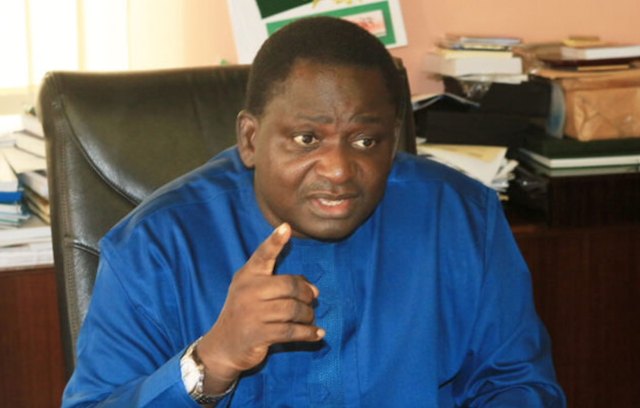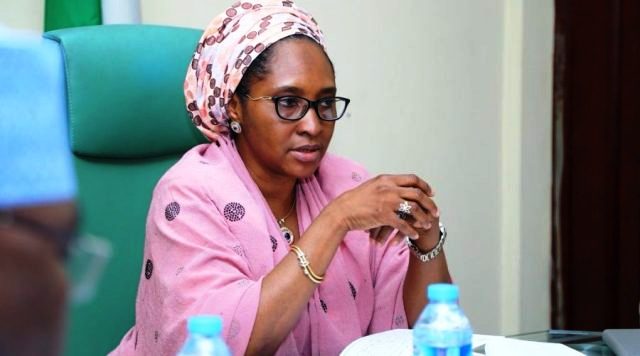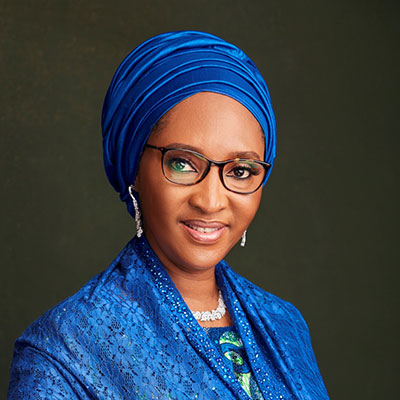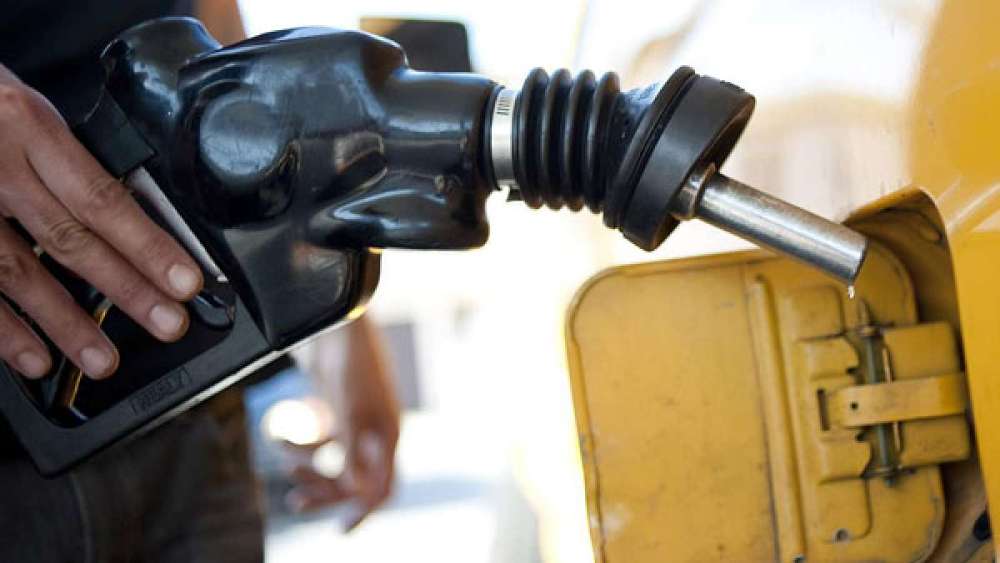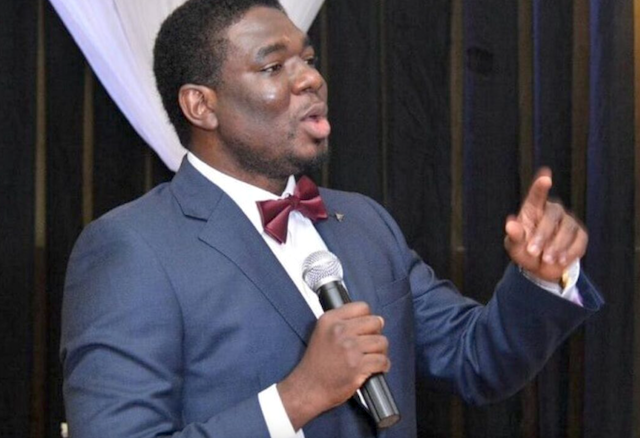The Federal Government has said efforts to set up palliative measures, ahead of the June 2023 deadline for the discontinuation of the petrol subsidy, are yet to be concluded with states.
It, however, said concerned committees would soon conclude discussions with key stakeholders as the administration winds down.
The Minister of State for Budget and National Planning, Clem Agba, revealed this on Wednesday to State House Correspondents shortly after this week’s Federal Executive Council meeting, which was presided over by the President, Major General Muhammadu Buhari.
A committee led by the Vice President, Prof. Yemi Osinbajo, and the National Economic Council, composed of state governors, had been working to resolve the issue for over 12 months, he said.
According to him, during the period the committee has yet to harmonize its templates.
“So, the stage that we are in now is how to finalise the suggestions that have come out from both the Federal Government and the governors.
“Like you know, it is something that is going to affect the entire nation. They just have to ensure that everyone is carried along, that is both the federal and sub-national governments,” he added.
The minister argued that while the Osinbajo-led committee has no definite timeline to conclude its assignment, discussions were ongoing.
Agba explained that the delay was necessary because the situation had far-reaching consequences for the nation.
Meanwhile, the Minister of Information and Culture, Lai Mohammed, revealed that the government had postponed the 2023 population and housing census earlier scheduled for March 29.
Mohammed said the postponement became necessary as the Independent National Electoral Commission last Wednesday rescheduled the governorship elections to March 18.
He also revealed that the council approved N2.8bn for the National Population Commission to procure software to be deployed for the census.
“There was a memo presented by the National Population Commission, seeking some software to allow them to conduct the census in May this year.
“I believe because of the rescheduling of the elections, they cannot commence the census as planned.
“They sought council’s approval for a contract to procure software for the census at the sum of N2.8bn,” the minister revealed.
He also disclosed that the FEC approved N15bn for the construction of an access road linking the Benin-Asaba Expressway to the Second Niger Bridge.
The completion of the road will enable the regime to inaugurate the bridge before it Buhari leaves office on May 29.
“The minister of works presented a memo seeking approval for the award of contract for the construction of an access road from the existing Benin-Asaba Expressway to approach the link road to 2nd Niger Bridge in Delta State.
“As you are aware, the government is determined to commission the 2nd Niger Bridge before the expiration of this administration.”
We can tell you that the bridge itself is substantially concluded but the contract that was awarded today, although the work has started before now, is actually to connect the Asaba-Benin end to the new bridge.
“The contract was awarded to Julius Berger at a sum of N15bn. They have started the work but they said it is only proper that they have a contract. We can assure you that the road will be finished in good time for us to commission the 2nd Niger-Bridge,” he said.
Mohammed also disclosed that the council approved the sum of N16bn as augmentation for the dualisation of Suleja-Minna Road in Niger State.
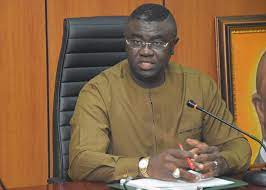


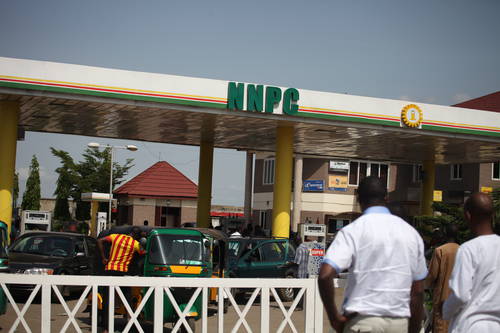 The Federal Government on Monday revealed that it had acquired shares in four refineries operating in various locations across the country.
The Federal Government on Monday revealed that it had acquired shares in four refineries operating in various locations across the country.
